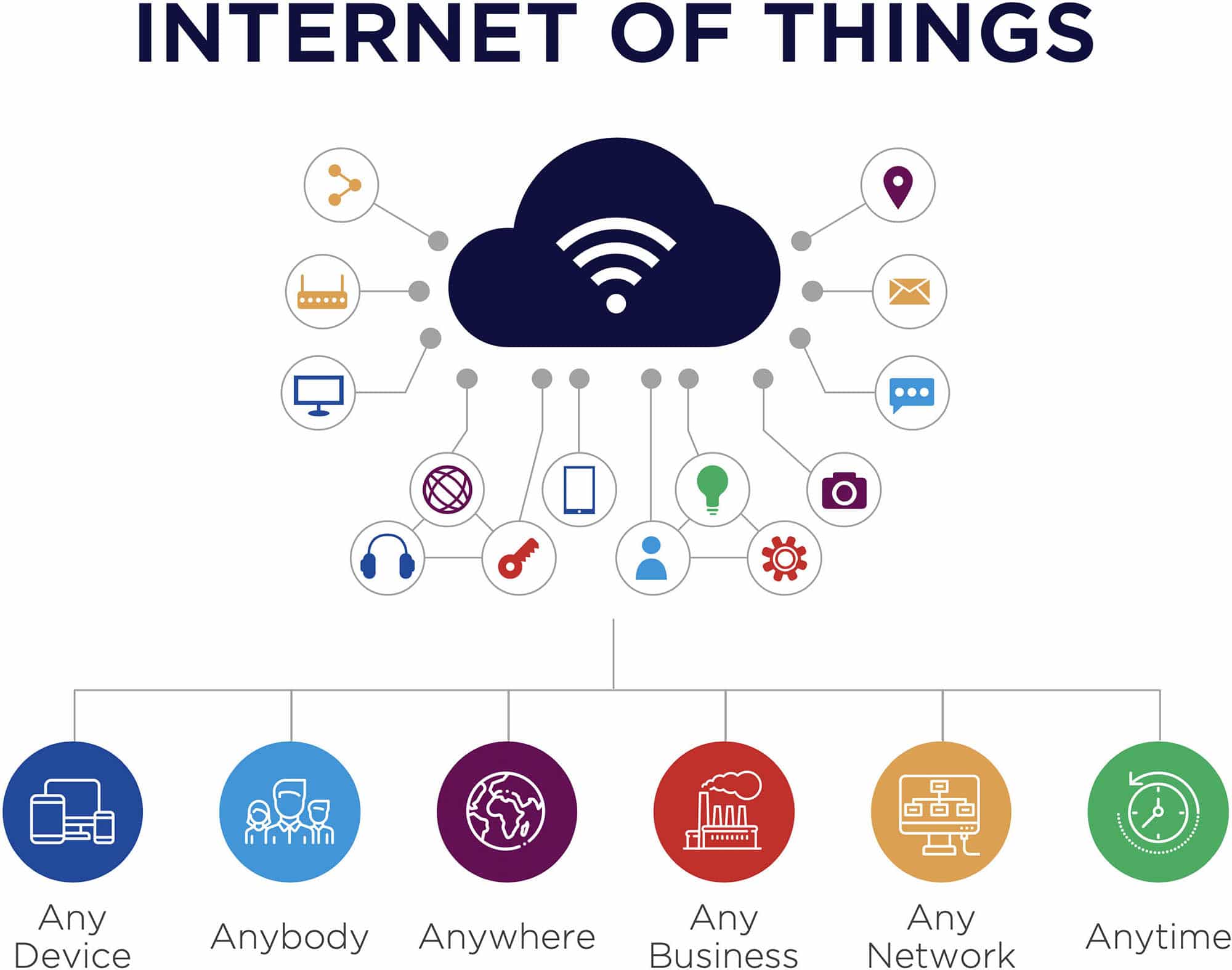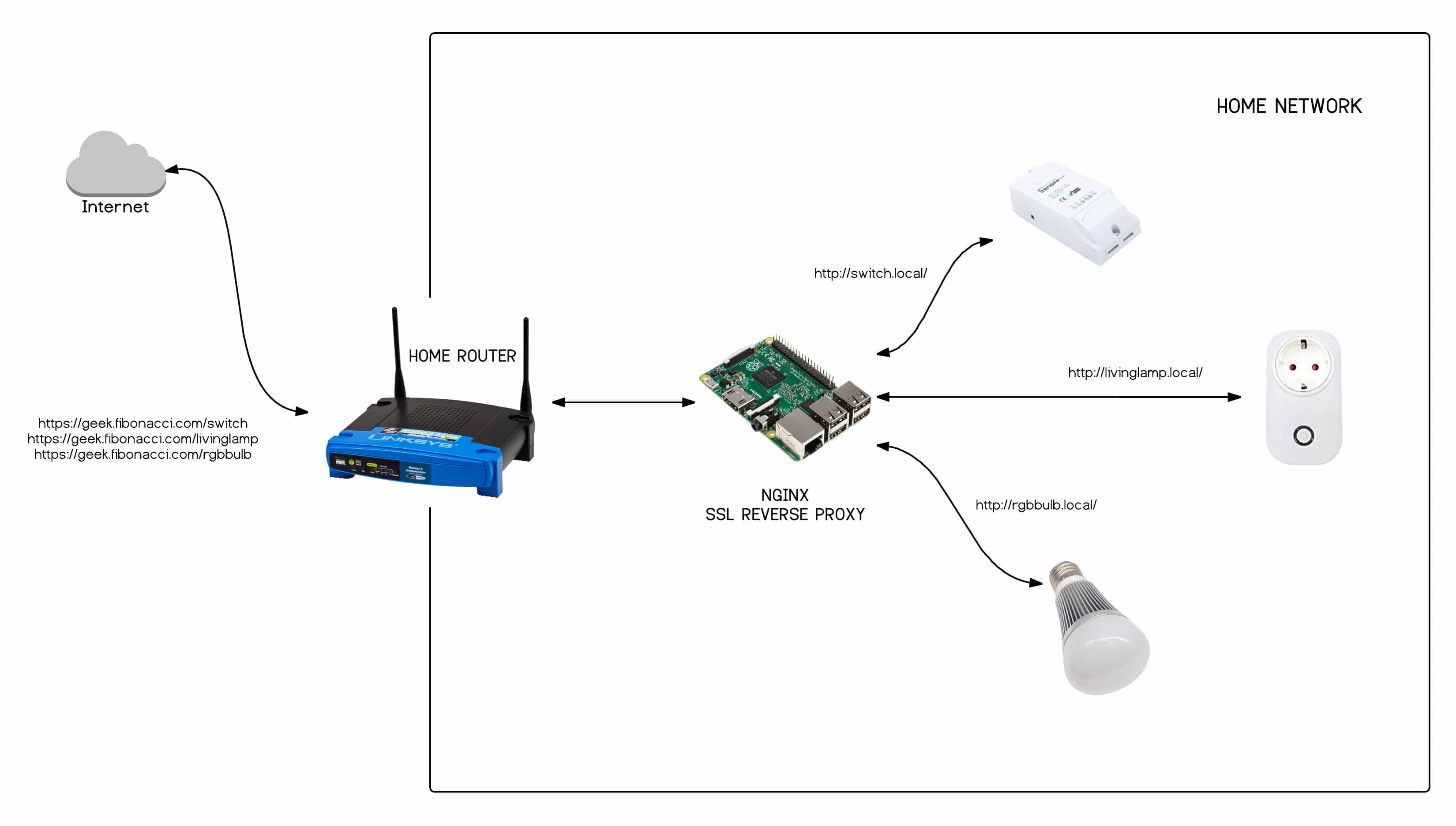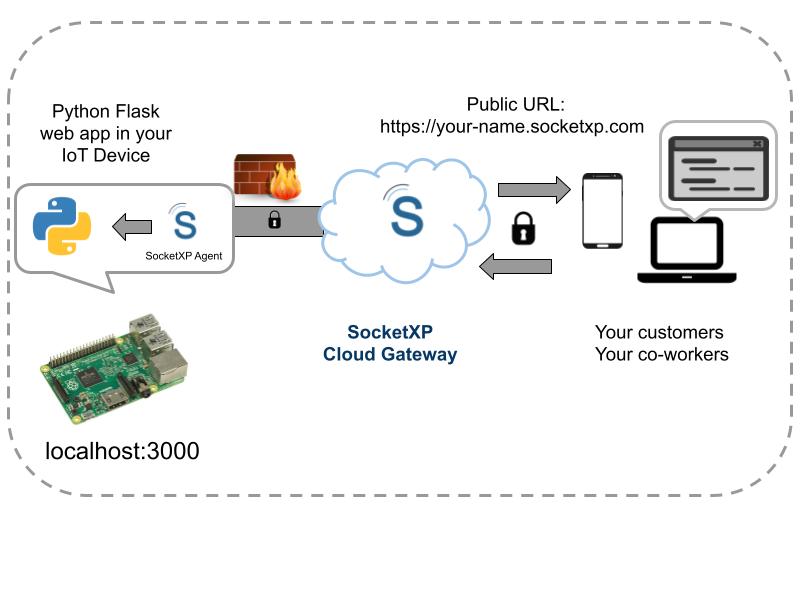Ever wondered how to manage your IoT devices remotely without breaking the bank on a Mac? Well, you’re in the right place, buddy! In this digital age, IoT (Internet of Things) is everywhere—smart homes, wearables, and even industrial equipment. But here’s the deal: controlling these devices from afar can feel like rocket science unless you know the tricks. Lucky for you, we’re about to spill the tea on how to do it for free on a Mac.
Let’s face it—IoT management isn’t just for tech wizards anymore. Whether you’re a homeowner trying to monitor your smart thermostat or a small business owner keeping an eye on your inventory, remote management is a game-changer. The good news? You don’t need expensive software or a degree in computer science to get started. We’ve got you covered with simple steps and some insider tips.
Before we dive deep into the nitty-gritty, let’s set the stage. This guide is tailored for Mac users who want to manage their IoT devices over the internet without spending a dime. Think of it as your cheat sheet to mastering IoT remote management. So grab your coffee, and let’s get rolling!
Read also:Navarone Garibaldi The Hidden Gem Youve Been Waiting For
Table of Contents:
- Why Remote IoT Management Matters
- Tools You’ll Need
- Setting Up Remote IoT on Mac
- Securing Your IoT Devices
- Best Free Apps for IoT Management
- Troubleshooting Common Issues
- Pro Tips for Efficient IoT Management
- Benefits of Remote IoT Management
- Cost-Effective Solutions
- The Future of IoT Management
Why Remote IoT Management Matters
Imagine this: you’re on vacation in Cancun, sipping margaritas by the beach, but back at home, your smart fridge is about to overheat. Sounds like a nightmare, right? That’s where remote IoT management comes in. It’s not just a fancy buzzword—it’s a lifesaver.
Remote IoT management allows you to control and monitor your devices from anywhere in the world. Whether you’re managing a smart home or overseeing industrial equipment, the ability to access your devices remotely is crucial. And the best part? You can do it all for free on a Mac!
Key Benefits of Remote IoT
Here’s why remote IoT management should be on your radar:
- Convenience: Access your devices anytime, anywhere.
- Cost Savings: No need for expensive hardware or software.
- Efficiency: Streamline operations and reduce downtime.
- Security: Keep your devices safe from cyber threats.
Tools You’ll Need
Alright, let’s talk tools. To manage your IoT devices remotely on a Mac, you’ll need a few essentials. Don’t worry—we’re keeping it simple and budget-friendly.
Hardware Requirements
First things first, make sure your Mac is up to the task. Here’s what you’ll need:
Read also:Lara Trump Diet The Ultimate Guide To Her Fitness Journey And Healthy Living
- MacBook or iMac: Any recent model will do.
- Stable Internet Connection: Preferably via Wi-Fi or Ethernet.
- IoT Devices: Smart home gadgets, sensors, or industrial equipment.
Software Requirements
Now, let’s talk software. You won’t need to break the bank for this:
- SSH Client: Built-in on macOS.
- Web Browser: Safari or any other browser will work.
- Free IoT Platforms: Think MQTT, Node-RED, or Home Assistant.
Setting Up Remote IoT on Mac
Ready to get your hands dirty? Here’s how to set up remote IoT management on your Mac step by step.
Step 1: Connect Your IoT Devices
First, make sure all your IoT devices are connected to the same network as your Mac. This is crucial for smooth communication. Use the manufacturer’s app or website to configure your devices.
Step 2: Install Necessary Software
Next, install any required software on your Mac. For example, if you’re using MQTT, you’ll need an MQTT broker like Mosquitto. Don’t worry—it’s free and easy to set up.
Step 3: Configure Remote Access
Finally, configure remote access settings. This involves setting up port forwarding on your router and enabling SSH on your Mac. Sounds complicated? Don’t sweat it—we’ve got a detailed guide coming up.
Securing Your IoT Devices
Security is a big deal when it comes to IoT management. You don’t want some random hacker taking control of your smart home, do you? Here’s how to keep your devices safe:
Best Security Practices
- Use Strong Passwords: Avoid using “1234” or “password.”
- Enable Two-Factor Authentication: Adds an extra layer of protection.
- Keep Firmware Updated: Manufacturers release patches for vulnerabilities.
- Monitor Activity: Keep an eye on your devices for unusual behavior.
Remember, security isn’t just a one-time thing—it’s an ongoing process. Stay vigilant and keep your devices safe!
Best Free Apps for IoT Management
Let’s talk about some awesome free apps that can help you manage your IoT devices:
1. Home Assistant
Home Assistant is a popular open-source platform for IoT management. It’s easy to set up and works seamlessly with a variety of devices.
2. Node-RED
Node-RED is a flow-based programming tool that makes it simple to connect IoT devices. It’s great for beginners and advanced users alike.
3. MQTT Explorer
If you’re using MQTT, MQTT Explorer is a must-have. It’s a lightweight app that lets you monitor and control your devices with ease.
Troubleshooting Common Issues
Even the best-laid plans can go awry. Here’s how to troubleshoot common issues with remote IoT management:
Device Not Connecting?
Check your network settings and make sure your device is on the same network as your Mac.
Slow Response Times?
Optimize your network by reducing interference and using a wired connection if possible.
Security Alerts?
Run a security scan and update your firmware to the latest version.
Pro Tips for Efficient IoT Management
Want to take your IoT management skills to the next level? Here are some pro tips:
Automate Tasks
Set up automation rules to streamline your workflow. For example, have your lights turn off automatically when you leave the house.
Monitor Usage
Keep track of your device usage to identify areas for improvement. This can help you save energy and reduce costs.
Backup Regularly
Regular backups ensure you don’t lose important data in case something goes wrong.
Benefits of Remote IoT Management
Here’s a quick recap of the benefits:
- Increased Productivity: Manage multiple devices from one location.
- Improved Security: Keep your devices safe from cyber threats.
- Cost Savings: Reduce expenses by avoiding unnecessary hardware.
- Enhanced Convenience: Access your devices anytime, anywhere.
Cost-Effective Solutions
Managing IoT devices remotely doesn’t have to cost a fortune. Here are some cost-effective solutions:
Open-Source Platforms
Platforms like Home Assistant and Node-RED are completely free and offer tons of features.
Free Trials
Many paid IoT management solutions offer free trials. Take advantage of these to test the waters before committing.
DIY Solutions
With a little know-how, you can build your own IoT management system using readily available tools.
The Future of IoT Management
So, what does the future hold for IoT management? Experts predict that IoT will become even more integrated into our daily lives. From smart cities to autonomous vehicles, the possibilities are endless.
As technology advances, managing IoT devices remotely will become easier and more secure. We can expect smarter algorithms, better user interfaces, and enhanced connectivity options.
Stay ahead of the curve by keeping up with the latest trends and technologies. Who knows? You might just become an IoT guru!
Conclusion
There you have it—your ultimate guide to managing IoT devices remotely on a Mac for free. From setting up your devices to securing them and troubleshooting issues, we’ve covered it all. Remember, the key to successful IoT management is staying informed and proactive.
So what are you waiting for? Dive in and start managing your IoT devices like a pro. And don’t forget to share this article with your friends and leave a comment below. Let’s keep the conversation going!


